Through eight chapters the author, Swapana Bhattacharya (Chakraborti), attempts to trace a continuum in the field of political, intellectual and cultural lives of India and Myanmar during the period under reference. She argues that the relation between these two former British colonies experienced various transformation, and gradually got matured. Ignoring ideological barriers and overlooking all economic constraints, both the countries got prepared to face the worst challenge: the struggle between the imperialists that broke out in 1939. The book highlights not only the official events of the colonial struggle, but also hitherto neglected stories of unofficial and party clandestine relations between the nationalists in India and Myanmar. In these efforts she has focused on the Burma-based Bengali revolutionaries. No wonder, therefore, that the Chittagong-Arakan front enjoys a special attention in her study. The Universities, Rangoon and Calcutta, the Buddhist institutions of Eastern India, and various small associations contributed to a continuous strengthening of India-Myanmar relations. Placing the renowned Indian novelist Sarat Chandra Chattopadhyay in the middle of the unique Bengal-Burma relations, the author also argues that Bengal’s special relations, the author also argues that Bengal’s special relation, the author also argues that Bengal’s Burma relations, the author also argues that Bengal’s special relation with Myanmar/Burma became an asset for the Indian National Congress. Dedicating a full chapter to Mahatma Gandhi and his experiences in British Burma, the author tries to convey in message as to how serious was Gandhiji about the future of these twin colonies. No less concerned was Rabindranath Tagore about the relation between these two countries. Thus, Tagore’s visits to Myanmar/Burma have been taken up. Jawaharlal Nehru and Subhas Chandra Bose, both enjoyed absolute love and trust of the Myanmar/Burmese people. The author strongly defends the view that a silent and tacit understanding was made between Subhas Chandra and Aung San, so far as their strategies of taking help from the Axis powers were concerned. Though in a restricted way, the present study focuses on the extent and limit of the serious involvement of Germany and Japan in the nationalist movement of India and Myanmar. This book stresses that the world view about India-Myanmar Relations in general, and especially in the colonial period, should be more optimistic and critical.
The Rakhine State (Arakan) of Myanmar: Interrogating History, Culture and Conflict
The volume reopens the ...
$38.70
$43.00

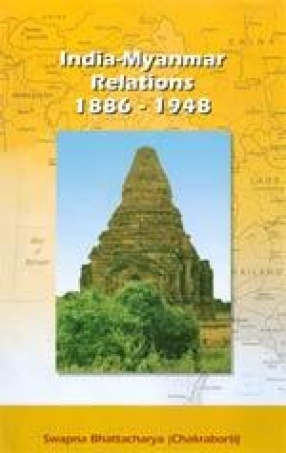
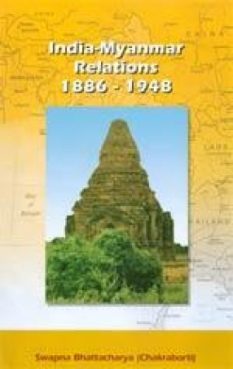
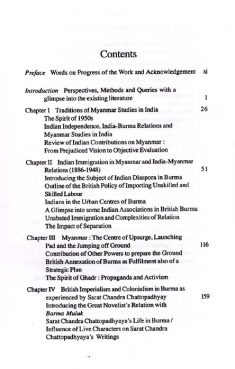

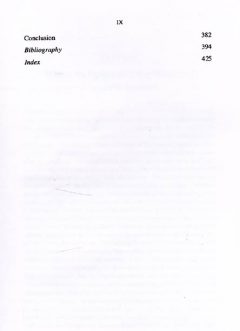
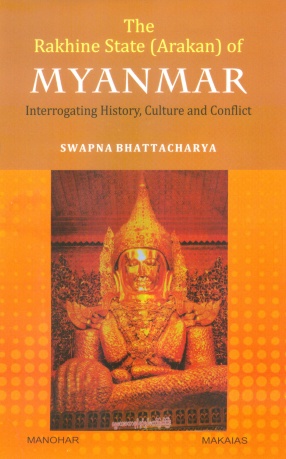
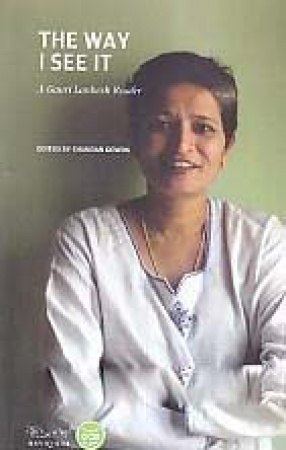


There are no reviews yet.